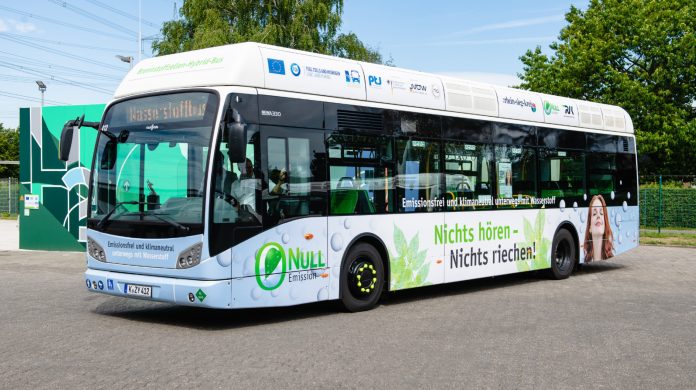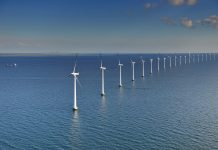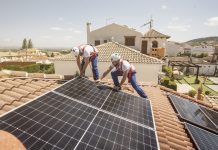Amy Allsop, Project Assistant at Hydrogen Europe, reveals how hydrogen fuel cell buses offer an effective solution to the challenges of the decarbonisation of public transport
Public transport plays an important role in improving air quality in cities and reducing greenhouse gas emissions across the EU. This is because it uses fewer resources and emits less CO2 per passenger than individual motorised transport. (1) However, public transport powered by conventional technologies still emits CO2 emissions, NOx and particulate matter. As a result, public transport stakeholders are joining efforts to contribute to the decarbonisation of public transport through the substitution and deployment of vehicles powered by alternative fuels, such as hydrogen fuel cell buses (FCBs).
Why go for fuel cell buses?
The fuel cell electric bus is an all-electric, zero-emission solution that offers no operational drawbacks, with performance similar to that of diesel buses.
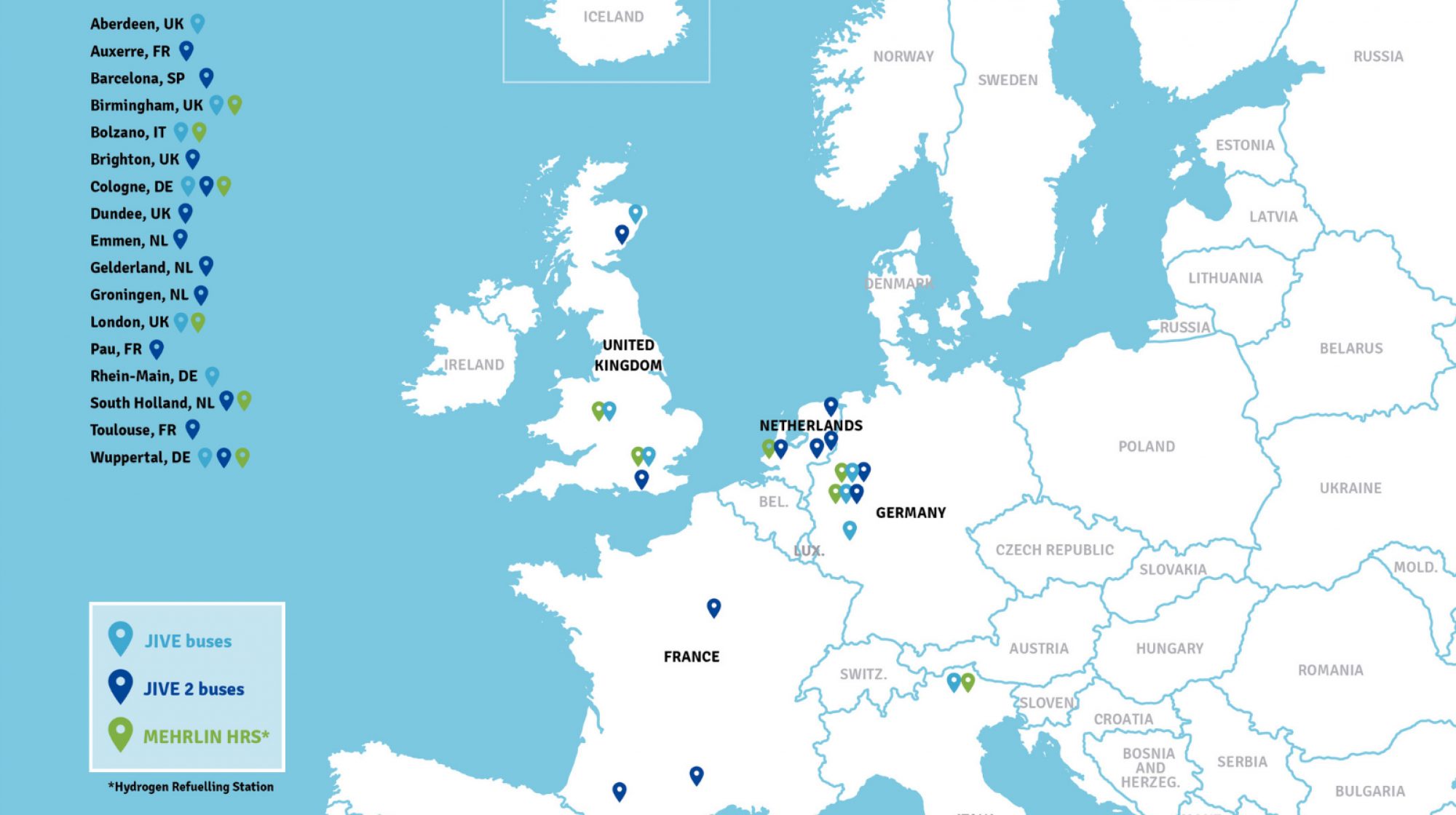
Fuel cell buses offer numerous advantages:
- Long daily range: FCBs can travel more than 350km without refuelling in all topographies and weather conditions; temperature does not affect range.
- Operational flexibility: No new street infrastructure is needed, and refuelling takes 5-10 minutes.
- Zero tailpipe emissions: only water is emitted – no air pollutants or CO2 (depending on the hydrogen source).
- Passenger and driver comfort: FCBs are quiet, which helps reduce noise levels and provides a smooth driving experience.
- Scalability: The refuelling infrastructure is easily scalable to accommodate growing fleets.
- FCBs are a concrete response to Europe’s ambitious transport decarbonisation targets.
JIVE: Spearheading the deployment of FCBs in Europe
Leading European initiatives spearheading hydrogen fuel cell electric buses and their infrastructure in Europe are the JIVE initiatives (Joint Initiative for hydrogen Vehicles across Europe). (2) The projects, partly funded by the Fuel Cells and Hydrogen Joint Undertaking, aim to deploy more than 300 fuel cell buses and associated infrastructure in France, Germany, Italy, the Netherlands, Spain, and the UK. (3)
To date, around 90 JIVE fuel cell buses are operating in Aberdeen (UK), Bolzano (IT), Cologne region (DE), Groningen (NL), London (UK), Pau (FR) and Wuppertal (DE). They are in regular service on some of the cities’ most demanding routes. In addition, more FCBs have been commissioned and will be deployed by 2022 in other cities.
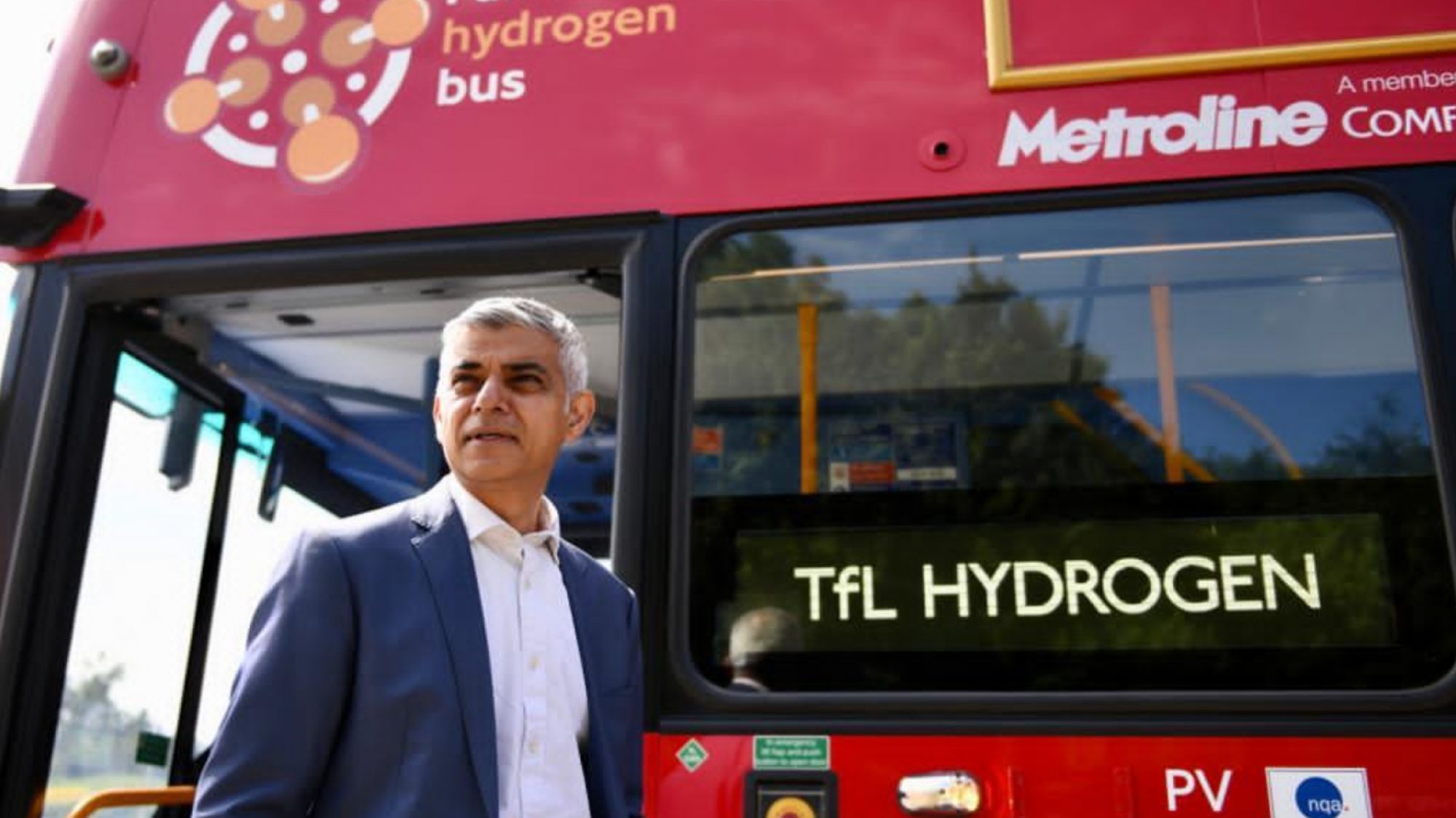
JIVE also aims to boost the FCB market in Europe by creating demand for hundreds of vehicles and lowering their price through joint procurement and economies of scale. In addition, through JIVE, avenues for low-cost renewable hydrogen are also being demonstrated.
The JIVE projects are catalysing the development of Europe’s hydrogen bus sector. They will help ensure that FCBs can contribute to meeting the requirements of the Clean Vehicles Directive, which sets national targets for public procurement of clean vehicles, including buses, from 2021. (4) According to UITP forecasts, a minimum of 22.5% of all new buses ordered this year across Europe will have to be zero-emission to comply with the legislation.
European industry players have also increasingly entered the fuel cell bus market thanks to the demand for vehicles generated by the JIVE projects. European bus manufacturers such as Alexander Dennis, Caetano, Safra, Solaris, Van Hool and Wrightbus have shown their commitment to commercialising these vehicles.
The projects have reached many milestones to date, such as the deployment of the world’s first hydrogen-powered double-decker bus in Aberdeen, the opening of Spain’s first public hydrogen refuelling station and the operation of Europe’s largest FCB fleet to date (36). In addition, in June 2021, 20 FCBs hit the streets of Groningen and London put in operation England’s first double-decker hydrogen buses.
A wealth of information at your fingertips
Are you considering adding fuel cell buses to your fleet? The project partners have published a best practice report available on the project website. In addition, the UITP Knowledge Brief “Fuel Cell Buses: Best Practices and Commercialisation Approaches” provides a case study of best practices, and additional relevant publications are available on a dedicated website.
The Zero-Emission Bus (ZEB) conferences are another key opportunity to learn more about the sector’s development and meet JIVE partners. This event brings together manufacturers, operators, policymakers and industry to discuss the decarbonisation of public transport with battery-electric and fuel cell electric vehicles. The next ZEB conference will be held in Paris on 17-18 November 2021.
The JIVE projects have laid the foundations for further growth of the European fuel cell bus sector. Follow-up initiatives are already underway to introduce more vehicles in other parts of Europe. The H2Bus Europe initiative, (5) for example, aims to deploy 600 buses in Denmark, Latvia, and the UK. In addition, JIVE will continue to demonstrate the role hydrogen can play in facilitating the transition to zero-emission transport with minimal disruption to fleet operators.
References
(1) Source: UITP position paper https://cms.uitp.org/wp/wp-content/uploads/2020/08/20170712_UITP_PositionPaper_Fuels-energy-and-policy-coherence.pdf
(2) JIVE (Grant agreement: 735582), JIVE 2 (Grant agreement: 779563).
(3) https://www.fch.europa.eu/
(4) https://ec.europa.eu/transport/themes/urban/clean-vehicles-directive_en
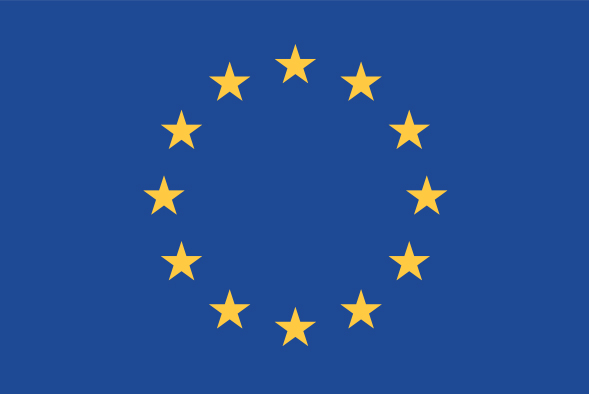
Joint Initiative for hydrogen Vehicles across Europe (JIVE and JIVE2) have received funding from the European Union’s HORIZON 2020 Research programme under the Grant Agreement nos. 735582 and 779563.
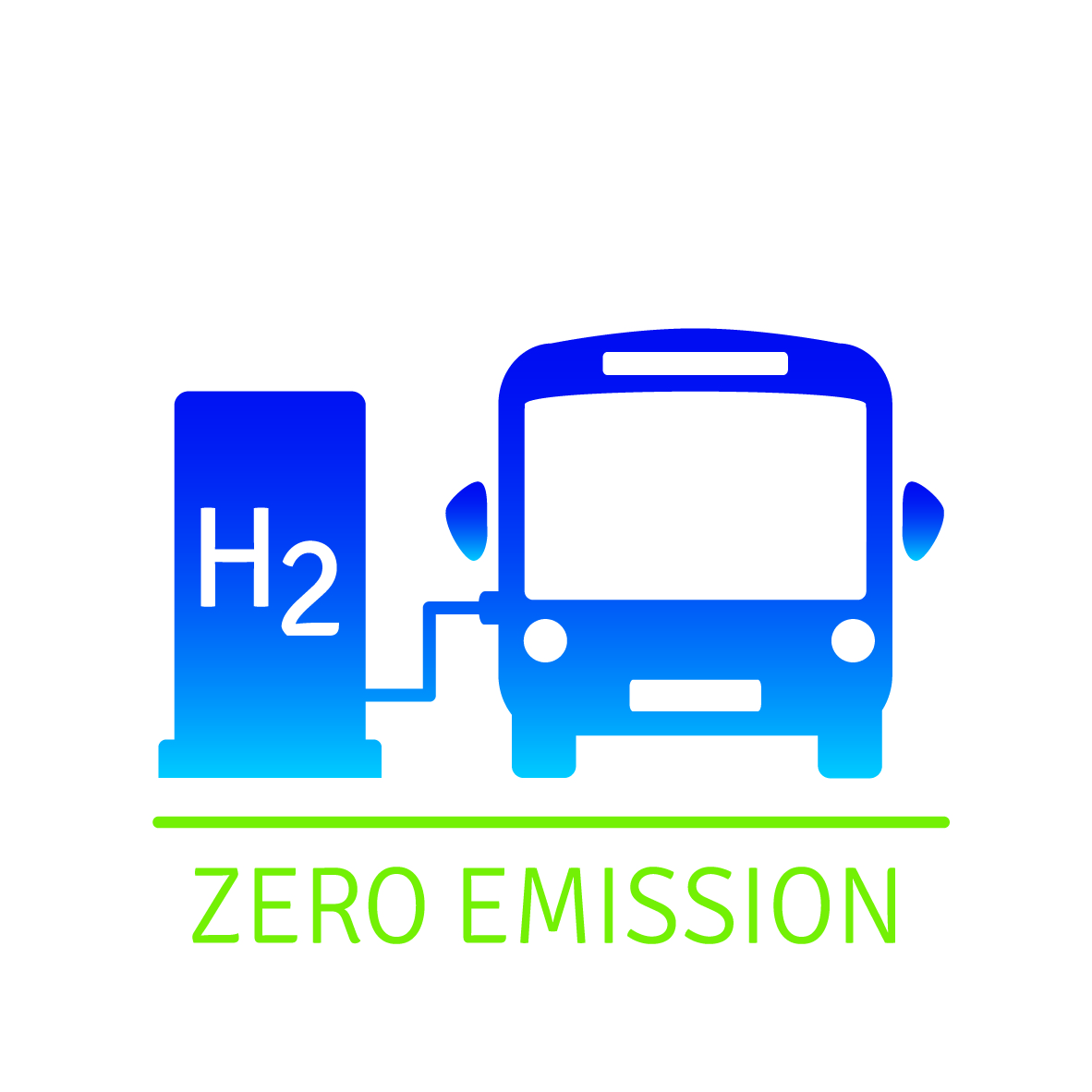
Please note: This is a commercial profile

